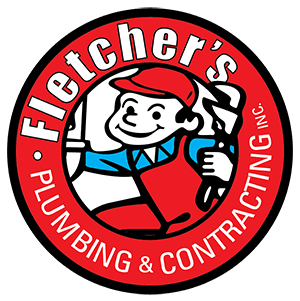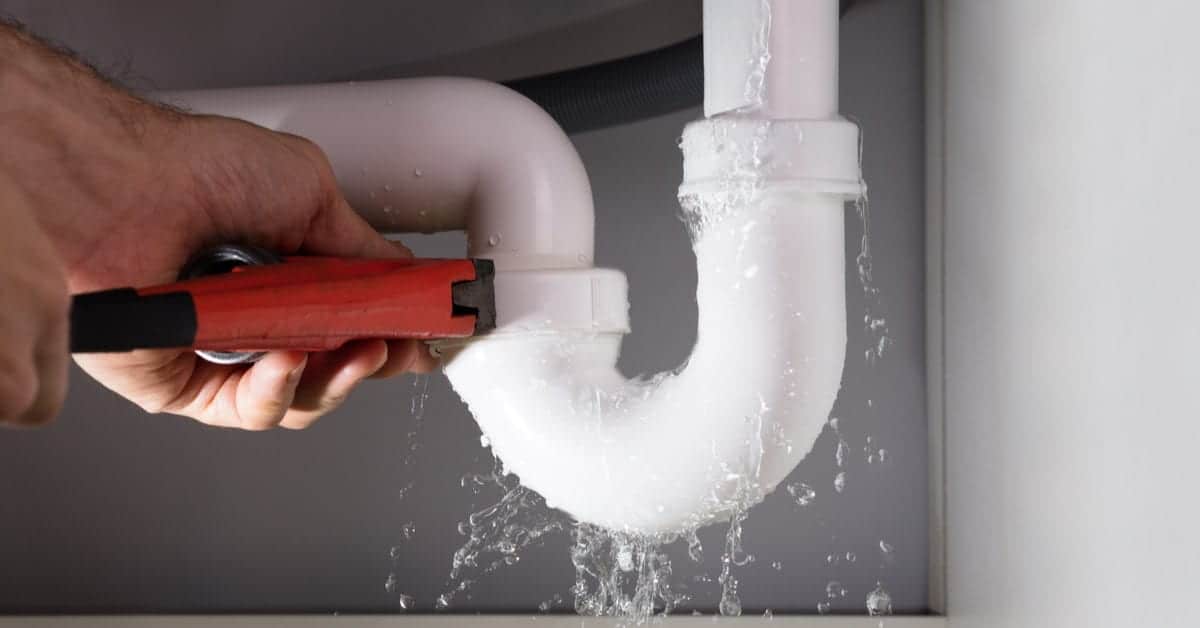When to Call a Plumber
Some common plumbing problems such as clogged drains can be solved with a little skill and elbow grease. If you’re especially handy around the house, you might even know how to fix a pipe leak or unblock a garbage disposal. But if you encounter plumbing problems more complex than these common issues, you need to call a plumber.
If you decide to go it alone and address complicated leaks or clogs yourself, you might end up causing more damage, costing you thousands down the road. Read on to find out when you should call a plumber, and how they can help you solve common plumbing problems.
- Frequent backups: If you’ve noticed regular backups plaguing your bathroom or kitchen, it might just be caused by a blocked sewer line. These pipes are often blocked by tree roots or sediment buildup, but the causes can vary. Don’t try to fix the issue yourself, especially if you notice burst or pierced sewer lines. You just might encounter raw sewage and incur expensive property damage to your home and the houses around you.
- Running toilets: If your toilet is running, there could be an issue with its inner mechanics. If the toilet’s flapper valve stops working or fitting properly, water can’t smoothly pass from the toilet tank to the toilet bowl. If this happens, the water is stuck in a sort of limbo, running constantly and wasting water. If the cause is more severe, a silent leak or sediment buildup could also be hampering water flow.
- Slow drains: If water takes ages to completely run down your kitchen or bathroom drain, you probably have a minor clog. But if you’ve already tried to remedy the issue with a plunger or chemical drain remover, the plumbing problem might be more severe. If a large clog is causing severe drainage issues, removing it may be beyond the help of drain snakes, tweezers, or plungers.
- Pipe bursts: When a pipe cracks or bursts, your home and even your neighbors’ houses can be exposed to extensive flooding and water damage. Pipes commonly break or burst in the winter, when temperatures plummet and pipes freeze and become rigid. You can avoid this by allowing warm air to circulate in your home or water to drip regularly into pipes. But if you forget to do that, or become victim to a particularly nasty winter, you’ll find that pipe bursts are no laughing matter.
- Low water pressure: If water is slowly dripping from your bathroom or kitchen faucet, the problem could simply lie with sediment buildup—an easy fix. But it could also stem from a much more severe problem, such as a broken or leaking pipe or eroded waterline. Sometimes these issues are caused by poor-quality plumbing materials or pipe blockages, which can be identified by licensed plumbers.
Tampering too much with your drain and piping can lead to property damage or even injury, so it’s a good idea to consult a plumber before tackling major issues. A licensed plumber can locate pipe cracks and bursts, install new lines, identify sewer line leaks, and much more. With decades of experience handling even the toughest plumbing problems, Fletcher’s Plumbing & Contracting is the ideal choice when you need to call a plumber.
If you need help with your plumbing system, give us a call at (530) 673-2489 or click here to schedule a consultation.
Resources:
https://www.realtor.com/advice/home-improvement/plumbing-problems-warning-signs-call-a-plumber/

